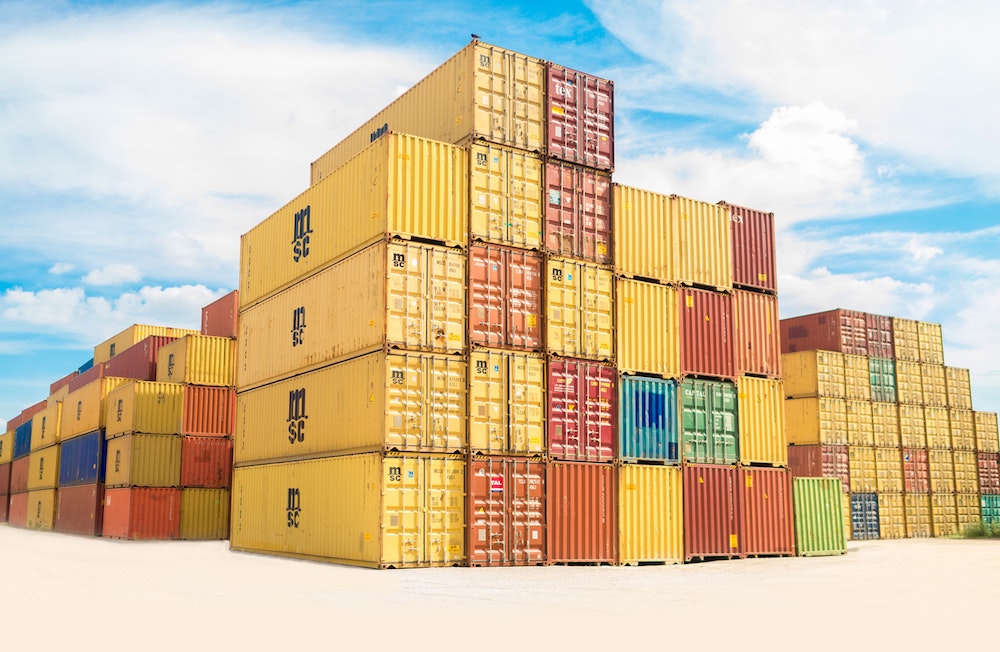As an importer/exporter, you are likely shipping a variety of products around the globe. What happens when you don’t have enough to fill a container, though? Does all of that space go to waste? One remedy is carrier consolidation. Let’s explore the benefits and detriments of choosing carrier consolidation.
What Is Carrier Consolidation?
When a company is looking to ship less than a truckful of products, a variety of those shipments can be combined to fill a truck or container. That’s the basis of carrier consolidation. You coordinate with the shipping company to consolidate items with others who also have under-filled containers.
Pros of Consolidation
There are many reasons one would choose to consolidate shipments. The top three include:
Cost Reduction
Much like sharing a cab with someone when you’re headed in the same direction, companies that share a shipping container will also share the cost of the container. If a company ships and doesn’t fill a container, they still have to pay for the full container. Carrier consolidation means they only have to pay for the part they fill.
Another way to consolidate shipments—and save money—is to ship less frequently. For instance, it’s more cost effective to send two full shipments each week rather than five smaller ones.
Better Quality Control
When containers are full, they are not emptied and repacked as often. And because they’re not being moved around, you’ll end up with less breakage and loss. Also, since items arrive sooner (than having to wait until more containers arrive), you’ll have ample time to review contents and ensure everything is in order. That’s a benefit for quality control and, ultimately, customer service.
Reduced Emissions
Although you may not have considered the benefits to the environment, by having fewer containers on a ship, that could translate to fewer cargo ships. And that means reduced fuel and emissions. Overall, nearly 3% of the world’s carbon emissions can be attributed to sea trade, so cutting that could make a big difference to the world as a whole.
Cons of Consolidation
While the benefits of carrier consolidation far outweigh the negatives, there are always two sides to every story. Some negatives for consolidation include:
Finding a Carrier
Not every carrier offers consolidation. They may not want to take on the work or risk associated with managing multiple shipments in one container. This is just one reason that using a freight forwarder is imperative to make this process work smoothly.
Organizational Time Increases
With more things happening in the shipment, there are increased logistics to manage when consolidating. This isn’t necessarily a detriment, but it is something to consider as you weigh the plusses and minuses of carrier consolidation.
How a Freight Forwarder Facilitates Carrier Consolidation
Shipping anything on your own can be a challenge. There are customs, insurance, and port congestion to manage. And if you’re not shipping enough to fill a container, you need to figure out how to get those items from point A to point B in the most cost-effective and efficient manner.
Enter a freight forwarding company.
That is the job of a logistics solutions provider: to manage everything so you don’t have to. When you trust a freight forwarding company (may we suggest Cyclone Shipping?), you know that your products are in good hands and will get where they need to be when they need to be there.
Contact us to learn more.




